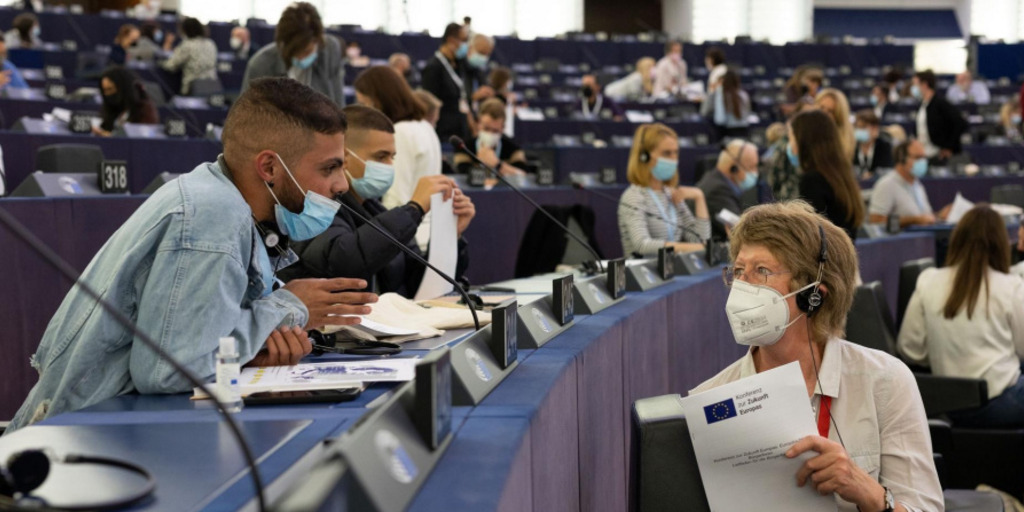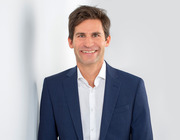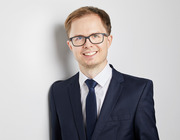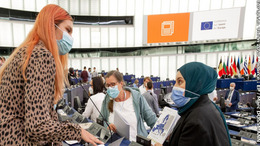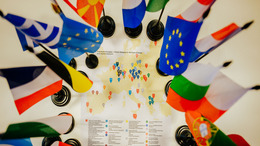Since the beginning of the Conference on the Future of Europe, our foundation has been involved in the Conference Observatory in cooperation with the European Policy Centre, the King Baudouin Foundation and the Mercator Foundation. We constructively engage with the Conference through our own analyses and discussion rounds. Our High-Level Advisory Group, led by the former President of the European Council, Herman Van Rompuy, and European scholar Brigid Laffan, is now presenting an interim report.
How well do the conference procedures work? What needs to change to achieve tangible results? And what lessons can we draw from the Conference for a more participatory Europe in which all citizens can get involved?
